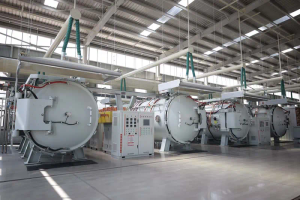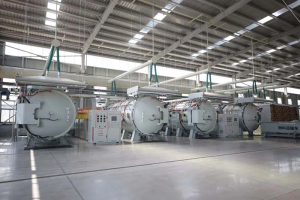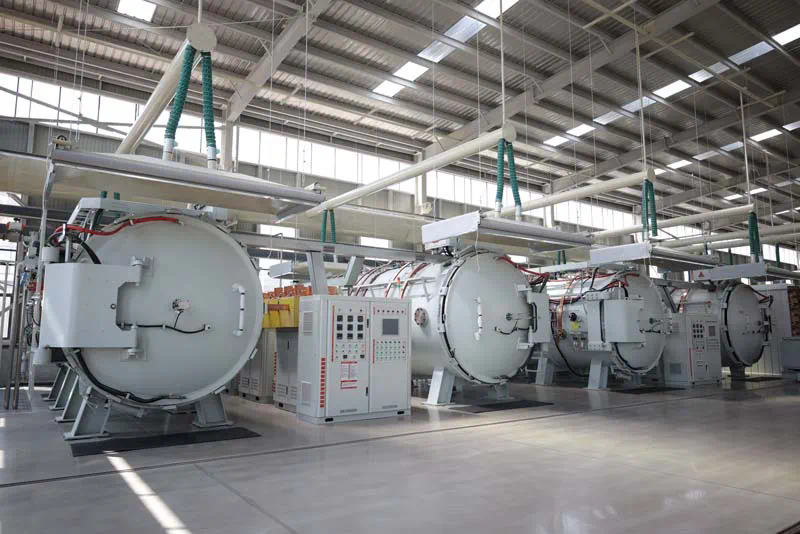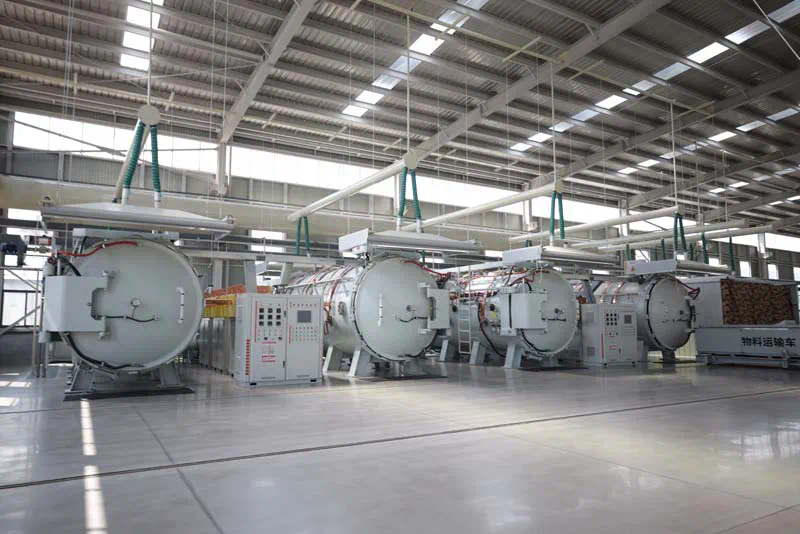In the transportation industry, pump technology plays a crucial role in ensuring the safe and efficient movement of fluids, whether it be fuel, water, or chemicals. Pumps are used in various applications, such as pipeline transport, tanker trucks, and marine vessels, to name a few. This article will explore the importance of pump technology in the transportation industry.
Transporting fluids over long distances requires a significant amount of energy, and pumps are essential in providing the necessary force to move fluids. The type of pump used in transportation depends on the fluid being transported, the distance it needs to travel, and the required flow rate. For example, centrifugal pumps are commonly used in tanker trucks to transfer fuel from storage tanks to gas stations. These pumps are designed to handle high flow rates and are compact, making them ideal for mobile applications.
One of the critical applications of pump technology in the transportation industry is in pipeline transport. Pipelines are used to transport various fluids, such as oil, gas, and water, over long distances. Pumps are used to maintain the pressure needed for the fluid to flow continuously. The distance between pumping stations can be hundreds of kilometers, which means that the pumps used must be very reliable and require minimal maintenance. One of the challenges of using pumps in pipeline transport is the presence of solids, which can damage the pumps’ impellers. To address this issue, pumps used for pipeline transport are designed with high wear resistance materials, such as ceramic or polymer coatings, to protect the impellers.
Another important application of pump technology in transportation is in marine vessels. Ships require pumps for various purposes, such as ballast systems, firefighting, cooling, and bilge pumping. These pumps must be able to handle corrosive seawater and operate at high pressures and temperatures. Additionally, pumps used in marine environments must comply with strict regulations to prevent environmental pollution. For instance, ships are required to have an oily water separator, which uses a centrifugal pump to remove oil from the bilge water before being discharged into the sea.
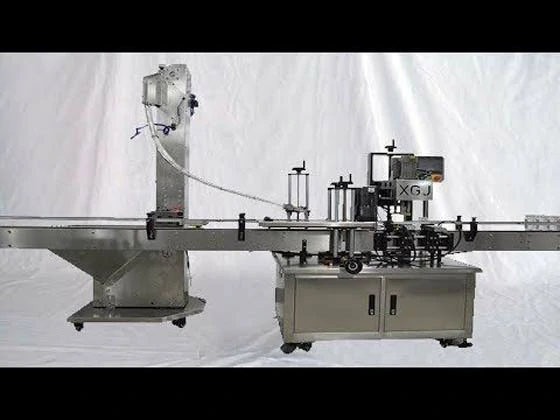
In the transportation of chemicals, specialized pumps are used to ensure the safe transfer of hazardous fluids. These pumps must be able to handle corrosive chemicals and operate at high temperatures and pressures. The design and materials used for these pumps must also comply with strict safety regulations, such as those set by the Occupational Safety and Health Administration (OSHA) and the Environmental Protection Agency (EPA). Failure to comply with these regulations can result in severe consequences, such as accidents and environmental pollution.

The automation of pump systems is becoming increasingly important in the transportation industry. With the use of advanced sensors and controllers, pumps can be monitored and controlled remotely, reducing the need for manual intervention. This not only increases the efficiency of the pump system but also improves safety by reducing the risk of human error.

In conclusion, pump technology plays a vital role in the transportation industry, ensuring the safe and efficient movement of fluids. From pipeline transport to marine vessels, pumps are used in various applications that require reliable and efficient pump systems. As the transportation industry continues to evolve, pump technology will play an even more critical role in meeting the growing demand for safe and efficient transport of fluids.


